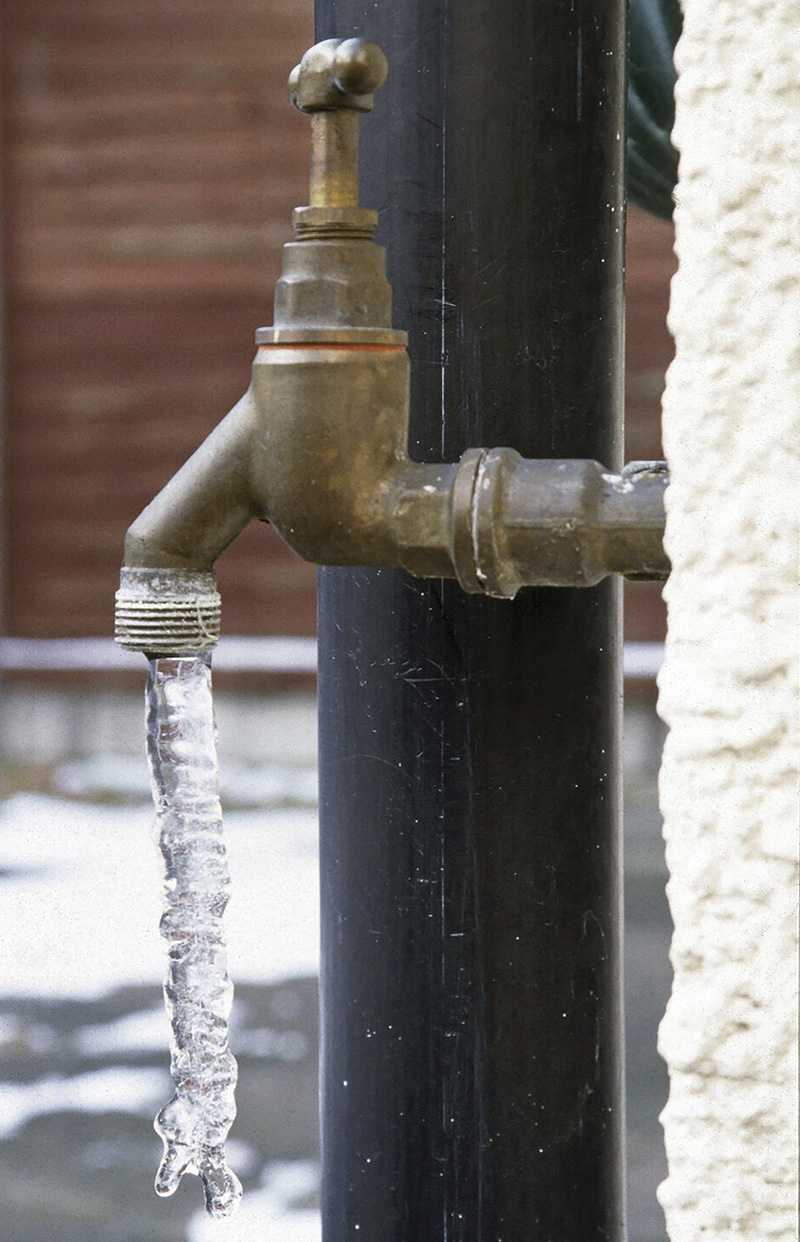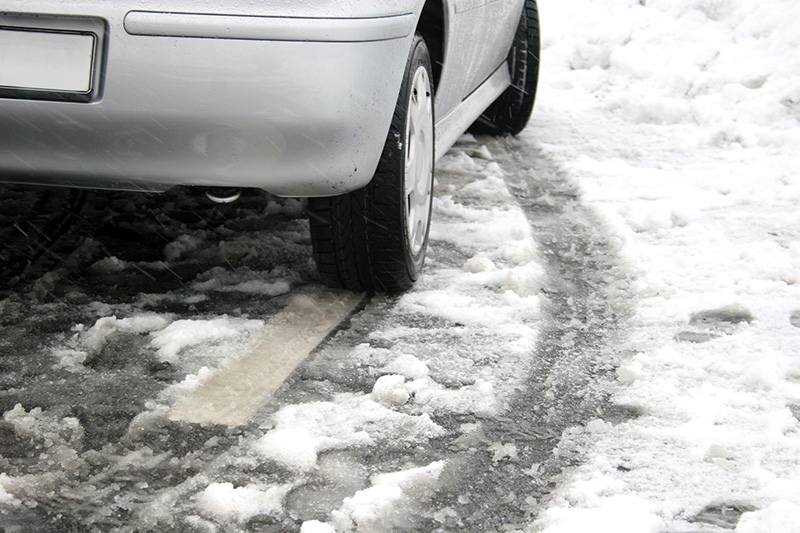How to wrap up exterior maintenance this winter.
By Scott Milnes
The holidays are headed our way, and with them comes one of the busiest times of year for retail. There’s no shortage of shoppers, but you need to be sure they’re coming to your store instead of your competitors.’ Winter is coming, and it could make or break the way shoppers view your facility.
Curb appeal is crucial when it comes to attracting visitors to your store. The outside of your building is the first thing they see, and having an attractive exterior is the first step to making sure customers choose you over your competition. Keeping up the aesthetics of your exteriors requires constant maintenance, especially in the winter. Maintaining your exteriors in the winter will help you to more easily clean everything up when spring rolls around.
 Winterizing your exteriors is the best way to proactively avoid damage. The Number 1 area for concern is your irrigation system, which is most prone to damage during the cold season. As the temperature falls, any water remaining in pipes or sprinklers begins to freeze, ultimately expanding and subjecting your system to the risk of broken pipes and frozen sprinkler heads. Ensure each of the following steps is taken when winterizing your irrigation systems this fall:
Winterizing your exteriors is the best way to proactively avoid damage. The Number 1 area for concern is your irrigation system, which is most prone to damage during the cold season. As the temperature falls, any water remaining in pipes or sprinklers begins to freeze, ultimately expanding and subjecting your system to the risk of broken pipes and frozen sprinkler heads. Ensure each of the following steps is taken when winterizing your irrigation systems this fall:
• Disable your water supply.
• Drain and tag backflow preventers.
• Drain all valves, to be left partially open.
• Blow out the system, or utilize previously installed automatic drain valves, to ensure all water is removed from pipes and sprinkler heads.
• Turn off automatic controllers and power.
Even retail facilities in the Southern regions should perform a modified winterization process to protect the components of their irrigation systems that are exposed. This process consists of:
• Adjusting the system’s controller to reduce watering times.
• Running the system each month to prevent dry-cracks in rubber parts.
• Conducting monthly inspections of above-ground components.
• Draining the system in the event of freeze conditions.
Another major aspect of your facility’s curb appeal is the parking lot. It may seem like an unassuming slab of asphalt, but good maintenance makes for easy parking, and easy parking makes for happy shoppers.
In the spring and summer, potholes can form in parking lots due to the heat of the day and the stress of traffic, both of which can crack the asphalt surface. Then in the winter, snow and rainwater flow through the cracks and seep into the underlying dirt and gravel. Cold nights freeze and expand that water, pushing out some of the dirt and gravel and leaving a hole when the ice eventually melts. Nobody likes potholes, and an annoyance can turn into an accident quicker than you might realize. To treat and prevent potholes, you can:
• Patch existing potholes.
• Fill cracks to prevent potholes from fully forming.
• Seal coat your lot to protect from the elements and prevent future damage.
 And whether your parking lot has potholes or not, an easy way to add curb appeal is to stripe your lot to clean up an old design or create a new one. Good striping can help shoppers clearly see parking spaces — an issue that’s especially important in the winter when snow and slush can make parking difficult.
And whether your parking lot has potholes or not, an easy way to add curb appeal is to stripe your lot to clean up an old design or create a new one. Good striping can help shoppers clearly see parking spaces — an issue that’s especially important in the winter when snow and slush can make parking difficult.
Northern areas that have to deal with snow and ice should be sure to have a contract in place with a company who will come out and plow the snow from around your facility. Shoppers aren’t going to buy from you if they can’t get in your building. You should also be sure to salt your parking lot to prevent accidents from occurring.
Winter can bring all kinds of damages and maintenance problems to your facility, but if you keep up with them and maintain good curb appeal, you can capitalize on the holiday rush. Don’t let potholes and other winter damages make a dent in your bottom line. If you can raise your curb appeal, your profits will follow. RFB
— Scott Milnes is the president of DENTCO®, the nation’s first Exterior Services Management® company. Milnes’ career includes more than 20 years in hospitality management.
